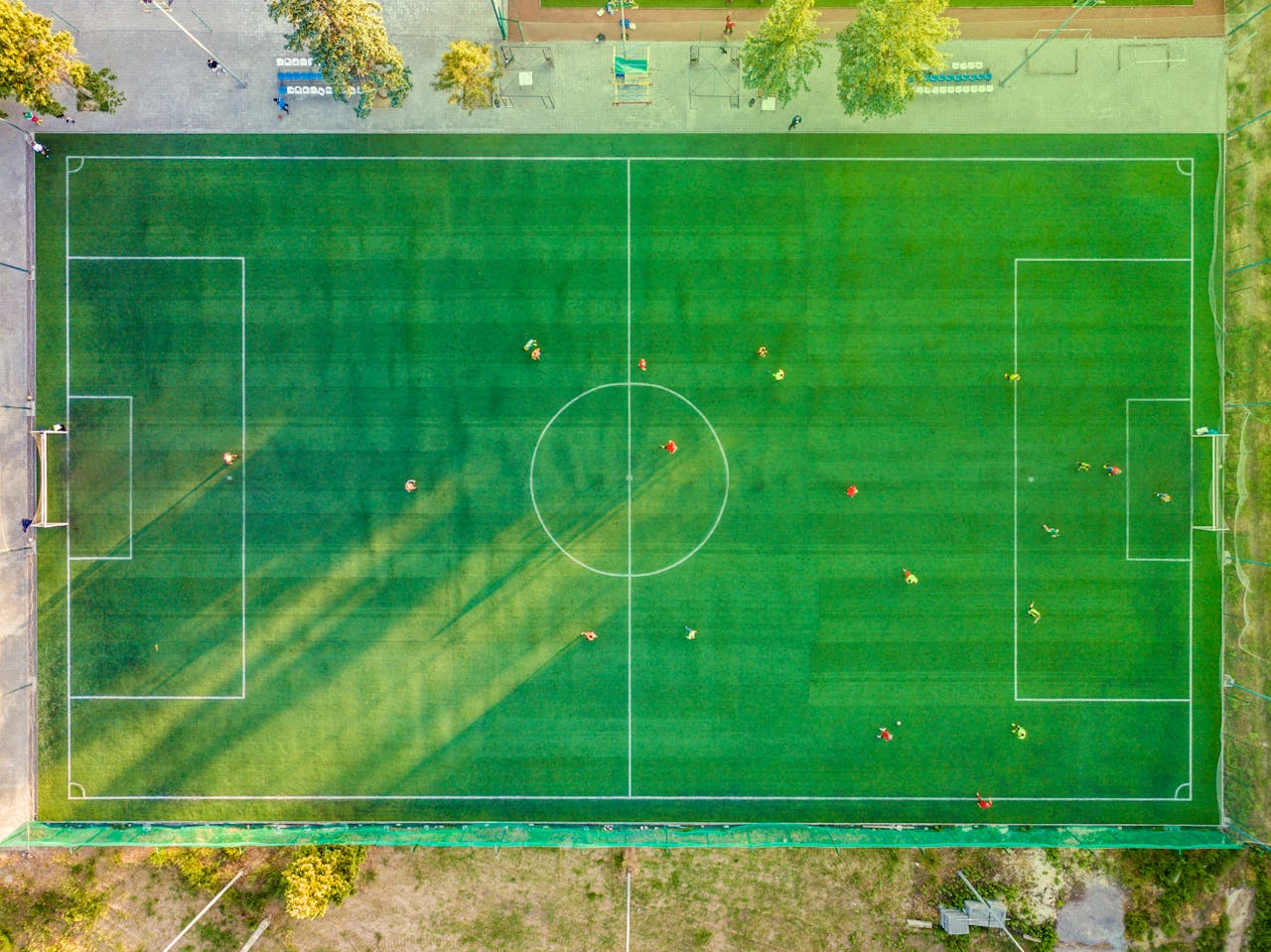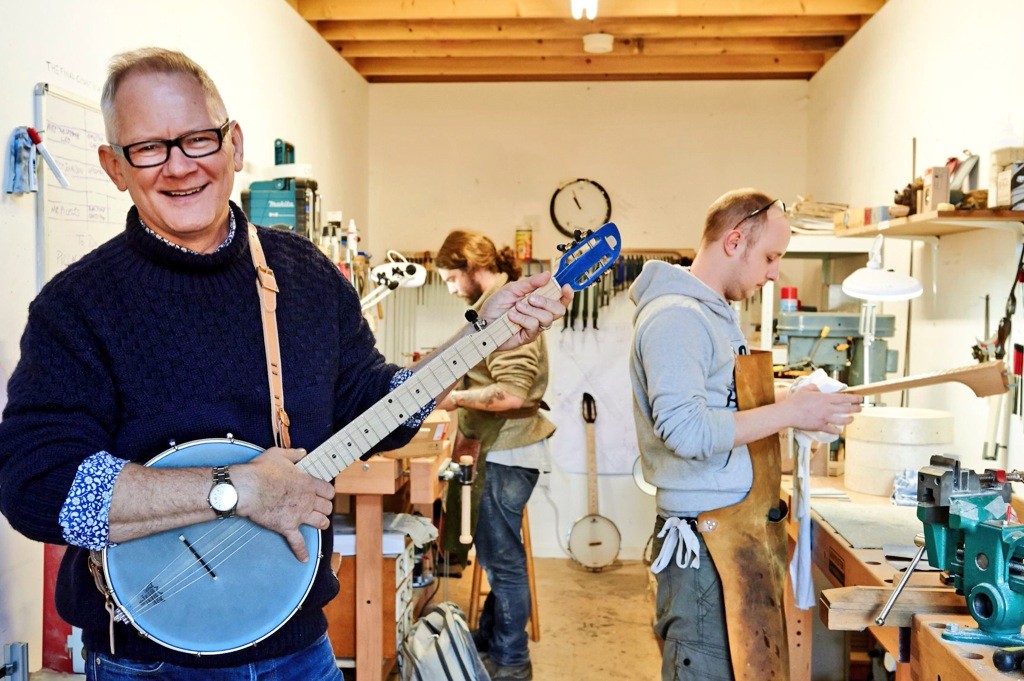An NFL team selected you in the draft, but things didn’t work out the way you had hoped. Perhaps you simply lacked the skills necessary to succeed in the major leagues, or perhaps injuries destroyed your career. In any case, you’ve been called a “unsuccessful draft pick” and are unsure of what to do next. We’ve got you covered, so don’t worry. We’ll cover all you need to know about being a rejected draft pick in this article. We will examine everything, from the financial ramifications to mental health difficulties. There will be testimonials from other gamers who have been in your situation. Even though it’s not the route you had in mind, a failed draft experience doesn’t have to mean the end. Follow along to discover how to take full advantage of your circumstances.
What Constitutes an Ineffective Draft Pick?
A draft choice may not work out for a variety of reasons. A team can control certain things, but other factors are just the result of bad luck.
Insufficient ability
Simply put, the chosen player lacked the abilities and physical characteristics necessary to succeed on a professional level. Some athletes are just not able to transition from college or junior levels to the major leagues, regardless of the amount of coaching or development time provided.
inadequate work ethic
Some athletes have high draft picks because of their potential, but they don’t put in the effort to make it happen. They don’t work hard enough at the gym, see enough films, memorize the script, or take advantage of chances to get better. Their talent is not matched by their drive and tenacity.
Accidents
A promising career can be derailed before it even begins by freak injuries or persistent health problems. Some injuries cause a player’s abilities to be permanently reduced, while others cause their development to be disrupted throughout the healing process.
Ineffective team leadership
Organizations occasionally make bad choices regarding the development, application, or encouragement of a draft pick. They can fail to provide the player with enough playing time to develop experience, rotate the player around a lot, or surround them with the necessary experienced coaching and leadership.
Off-field problems
Off-field concerns such as legal troubles, substance misuse, or behavioral problems can cause athletes to lose focus and interfere with their ability to perform. These kinds of problems typically point to a player who lacks the maturity or decision-making abilities necessary to succeed in a demanding career.
Because there are so many variables involved, selecting successful players involves both skill and luck. However, teams may at least attempt to reduce risks and offer their selections the best opportunity to reach their full potential by being aware of the reasons why draft picks could not pan out.
Top NFL Draft Picks That Didn’t Work Out
It’s not always possible to get the best college players in the draft, and some picks just don’t work out. Teams spend a lot of money on stars who never live up to their potential. In the history of the NFL, these are some of the worst draft picks.
In 1998, Ryan Leaf was picked second overall, but he turned out to be one of the worst quarterbacks ever. Because of injuries and problems off the field, he only threw 14 touchdowns in 4 seasons before quitting. It hurts even more that the Chargers passed on Peyton Manning and picked Leaf instead.
In 2007, the first pick was JaMarcus Russell, but he only played for three seasons. Raiders quarterback held out for a big rookie deal but showed up lazy and out of shape. On the field, he scored 18 touchdowns and lost 23.
While Charles Rogers was picked second overall in 2003, he had a lot of problems with drugs and injuries. Before cutting ties with the former star from Michigan State, he only had 36 catches in 3 years.
Vince Young was the third pick in the 2006 draft and had a good start to his career. But problems with coaches and players ended his career after 6 seasons. The Titans quarterback went to two Pro Bowls, but he never got better at throwing the ball. He had 51 picks at the end, which was more than his 46 touchdowns.
QB David Carr (Texans, 2002), DE Courtney Brown (Browns, 2000), RB Tim Couch (Browns, 1999), and DE Steve Emtman (Colts, 1992) are some other well-known busts. Teams learn from their mistakes, but there will always be some luck in the draft. There might be another big bust coming up soon!
How teams can make sure they don’t pick bad players in the draft
Teams that don’t want to make “unsuccessful draft picks” should focus on getting ready well and studying hard. Teams should do these important things:
- Do study that goes into detail. Find out as much as you can about a prospect’s background, skills, chances, and prospects. Watch videos of their games, talk to their coaches and players, and read the news. There are fewer shocks when a team knows a lot.
- Pay attention to skills and promise instead of hype. Don’t let a prospect’s image or media hype get in the way of your work. Check out their real skills, how hard they work, and how much room they have to grow. Some players who got a lot of attention may already have reached their peak.
- Take a look at your attitude and work ethic. A player’s skill doesn’t mean much if they aren’t motivated and determined. Look for people who put the team first, are good at leading, and are ready to put in a lot of work to get better.
- Don’t try to reach or guess. You shouldn’t risk your money on a person who has too many question marks or pick someone before their game time. Reaching out often makes people feel bad.
- Make a plan for how the person will grow. Figure out how a potential player will fit into the team’s method and way of playing. Set goals for them over a number of years to help them improve their skills and get used to playing professional sports.
- Bring in teachers and scouts. Don’t let the general manager pick on his or her own. Talk to scouts, coaches, and position experts about prospects to get different points of view. Find out what everyone thinks about a player’s ability.
Go over your past mistakes. Look at past drafts to see which picks worked out and which ones didn’t. Look for lessons that can help you make better drafts in the future and stop making the same mistakes. Teams can make draft choices that help them win if they plan ahead and wait.
How draft picks that don’t work out affect teams
Teams that regularly draft badly will have to deal with big problems. They don’t have enough young, cheap players to develop, so they have to spend too much on free agents to fill in the gaps. This makes it harder for them to keep local stars and put together a strong team.
Less talented people
When draft picks don’t work out, teams miss out on the chance to sign rookies who could become starters or backup players. They have to find more expensive options, which cuts down on the salary cap room they have to sign important free agents or extend current players. It’s hard to win regularly because the level of talent is dropping.
Cost of missed chances
High draft picks are important, and teams that lose them don’t get anything back. They miss the chance to pick up a star player or a top prospect, which sets the team back years. The chance cost is very high.
Fans are angry
Fans who are looking forward to new players to energize the team are also frustrated when picks don’t go as planned. As fans lose faith in the front office and coaching staff’s ability to pick players and help them grow, hyped-up picks often fail or flame out. This could hurt the fans’ bond with the team, which could hurt sales of tickets and merchandise.
To improve their drafts, teams need to hire qualified scouts and player development staff, come up with a clear organisational theory, and resist the urge to choose need over value. The draft is very important for making a long-term winner, so teams that want to win a title can’t keep missing the mark. Teams that have had a history of busts can turn things around and start getting the most of the draft if they are smart about it and patient.
Can draft picks who don’t do well turn around their careers?
It might be hard for a “unsuccessful draft pick” to get things back on track, but it’s not impossible. There are many things going against them, such as lost time learning how a team works and lower trust from not having enough chances. But some players are able to get past these problems by working hard and not giving up.
The hardest thing for picks that didn’t work out is just getting another chance to show themselves. To even get invited to training camp, they have to work their way up from lower leagues or foreign teams. As Taysom Hill did, who switched from quarterback to tight end, they do this to find the best fit. A team may sign a player to a futures deal to help them grow if they show enough promise.
Ethic at work
When a player succeeds after being a bad pick, they have an unmatched work ethic. It takes them extra time to train and watch films to get better at what they do. They stay in great shape and are always ready for a chance. They can make up for lost time in a team’s scheme with this kind of hard work and determination. Also, coaches notice players who keep a good mood even when they don’t have a chance to do so.
The Right System and Team
It’s very important to find the right team and method. The skills of a player might not be what the team that drafted them wanted, but they might be great for what another team needs. Some players do really well once they find a team with the right atmosphere and coaches who can help them improve. They are given a real chance to help because the team sees what they can do.
Even though the odds are against them, draft picks who don’t make it can get their jobs back on track by working hard and not giving up. When the chance comes up, they’re ready to show that they have the skills and drive to get past their draft place and become important players. Their lives can end well if they have the right team and system in place.
In conclusion
Now you know everything you need to know about what it means to be a bad draft pick. It’s not easy to see the warning signs early on, deal with the sadness, and try to make things better. Remember, though, that one label doesn’t tell the whole story of your life or work. Some players had tough starts but went on to have great careers, whether they were in the pros, at a lower level, or in a completely different sport. Stick with your goals and don’t give up on your hard work. And if football doesn’t work out in the end, use what you’ve learned to do well in other areas. You can do this!



